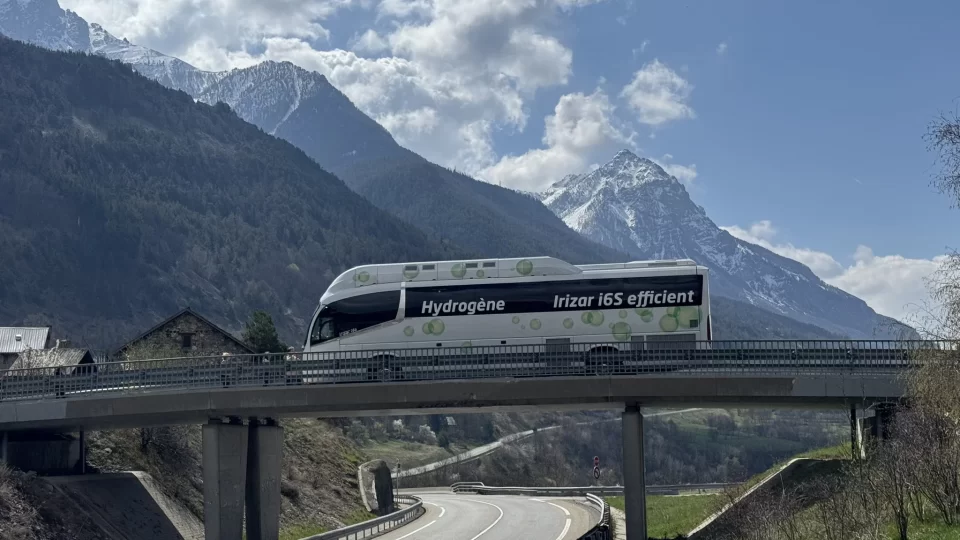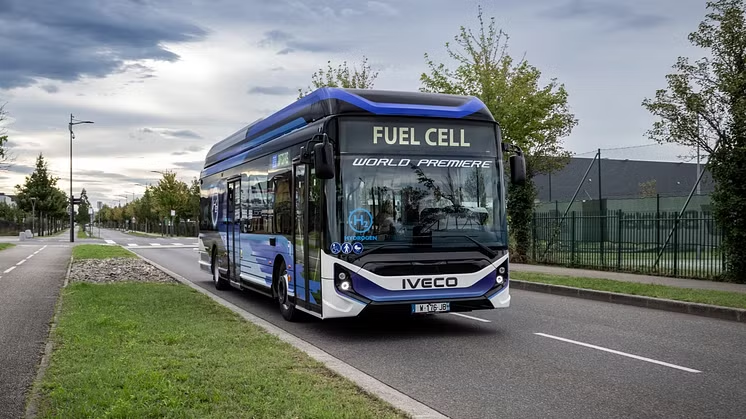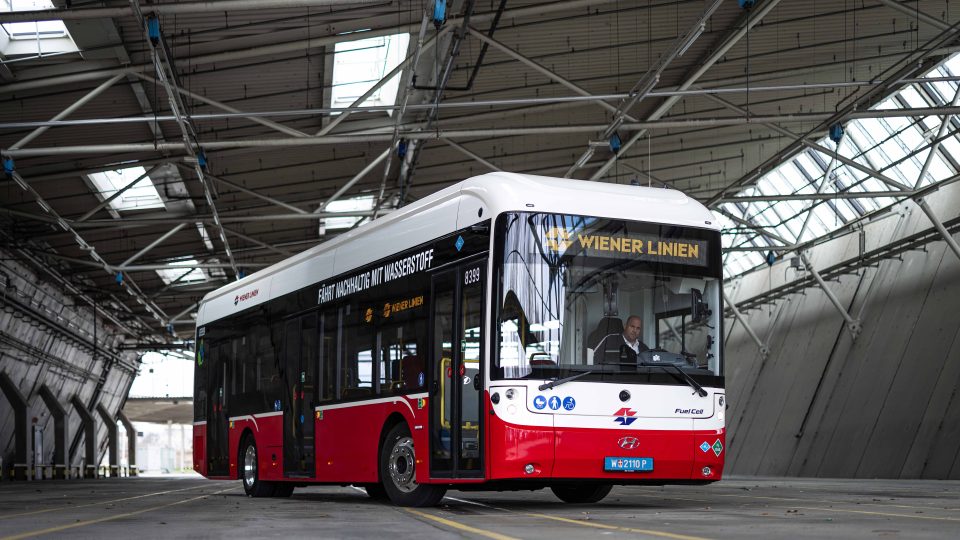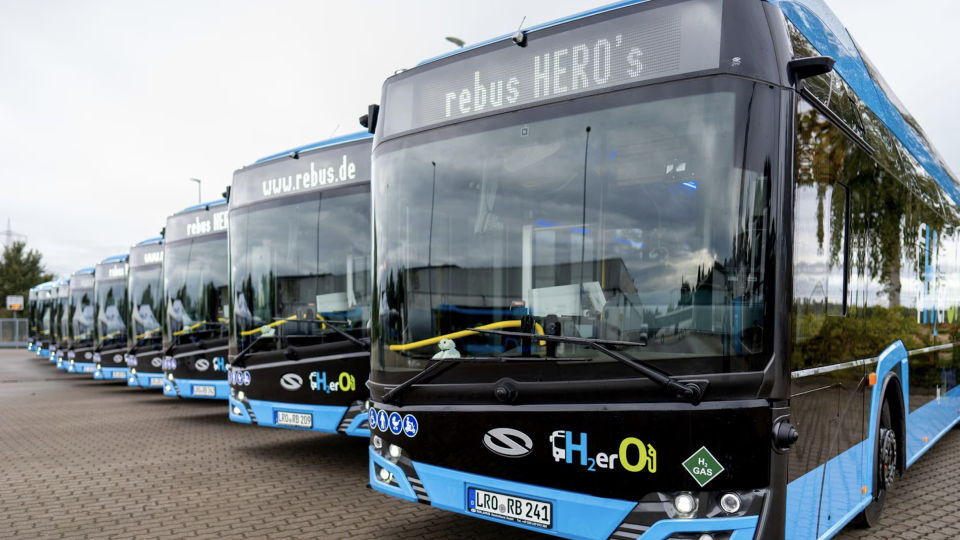Hyundai is set to supply 1,300 fuel cell buses to Seoul
By 2026, Seoul wants to replace 1,300 internal combustion buses with new fuel cell buses. To achieve this, South Korea’s capital has turned to local Hyundai Motor, which will handle the major order. Starting in 2020, Hyundai Motor is a hydrogen bus supplier for Seoul. Specifically, of the 1,300 fuel cell buses, one thousand are […]
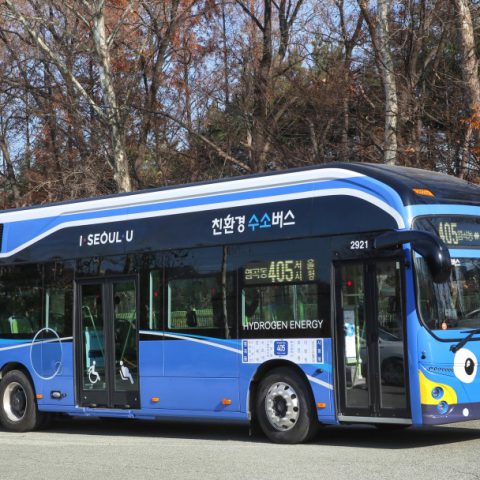
By 2026, Seoul wants to replace 1,300 internal combustion buses with new fuel cell buses. To achieve this, South Korea’s capital has turned to local Hyundai Motor, which will handle the major order. Starting in 2020, Hyundai Motor is a hydrogen bus supplier for Seoul.
Specifically, of the 1,300 fuel cell buses, one thousand are city and three hundred airport shuttles (and by 2030 all 451 of the city’s shuttles will be replaced with FCEVs).
As early as 2011, Seoul had converted all 7,400 city buses to natural gas. Since then, about 830 of these have been replaced by electric buses and 27 by H2 buses. In addition, by 2025, the city wants to take diesel vehicles off the road in public transport fleets.
“Hyundai will continue to develop commercial hydrogen vehicles, such as buses and trucks, to introduce different portfolios to the market,” said Chang Jae-hoon, CEO of Hyundai Motor.


